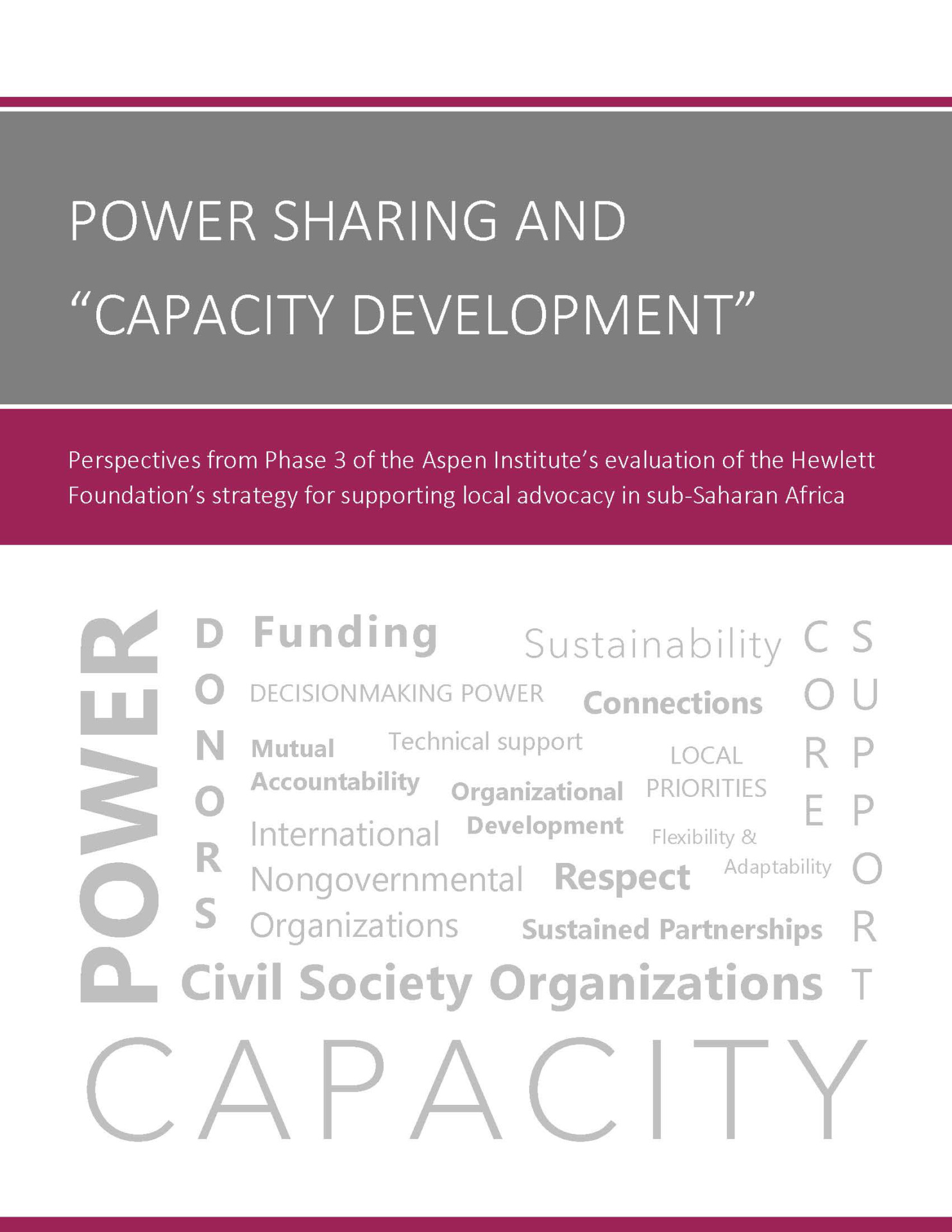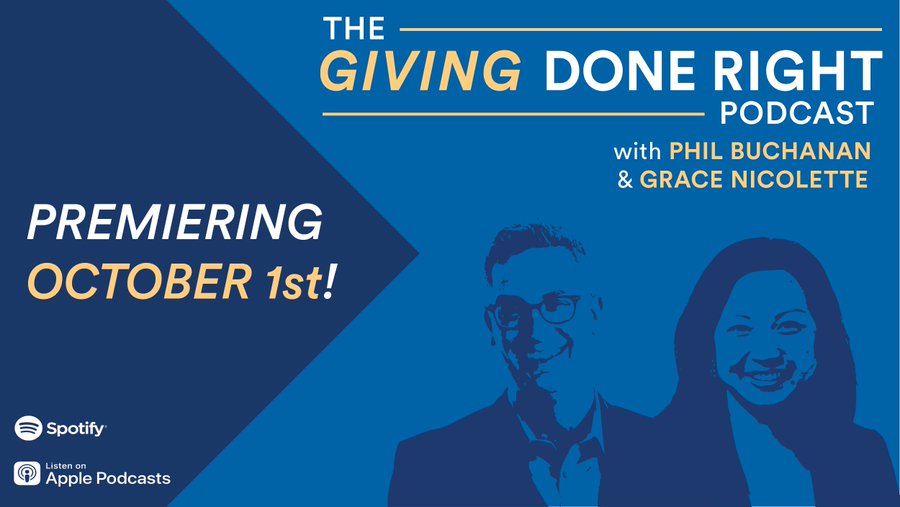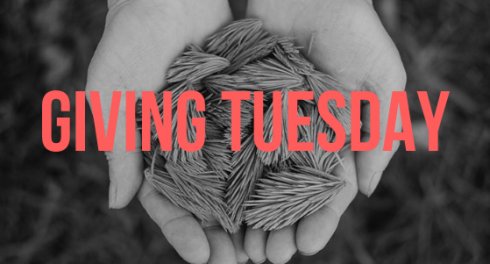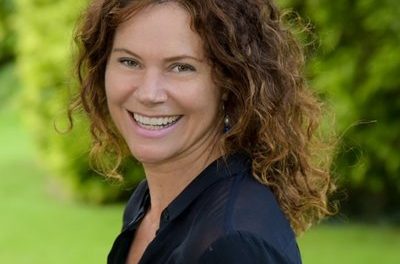Highlights
- A woman in a man’s world
- Break every rule / Steamy windows
- You can’t have your cake and eat it
- Ball of confusion (that’s what the world is today)
- Whatever you need
- TAI Spotlight: Time to Rethink….on Regions, Governance and Indices
Continuing our musical thread for the month of September, this weekly is inspired by Tina Turner songs…
A woman in a man’s world

Photo via Letaba Herald
Last week saw International Democracy Day and a call from the UN Secretary General for governments to be transparent, responsive and accountable in their COVID responses. We have a long way to go. Could more diversity in representation help? The World Bank looked at the links between democracy and women’s economic empowerment – the average share of female representatives in parliaments has been increasing in the past 20 years, but only to one third. Higher representation of women in parliament equates to more gender equality policies and laws protecting women against sexual harassment.
Another path out of the current mess? Give people more of a direct say in tackling policy problems and take citizens’ assemblies more seriously as The Economist urges. It will be interesting to see if that idea comes up during next week’s Open Government Leaders Summit that is shaping up to have quite the lineup, including the champion of citizen listening exercises, President Manuel Macron. Good to see institutional transparency also on the mind of Mauricio Claver Carone, new head of the InterAmerican Development Bank. Amanda Glassman looks at his proposed priorities and reforms and how they will fit vis-a-vis the challenges within the Latin America region.
More worryingly on the democratic governance front, Tom Bugis explains how kleptocrats are empowered by social media disinformation. One response? Open Ownership suggests ways to identify the owners of media companies supplying content to your news feed. As Heather Marquette notes, why not demand the same for think tanks/research groups?
Break every rules / Steamy windows
The global banking community woke up to some new reputational challenges yesterday with the launch of FinCen Files – Buzzfeed and the International Consortium of Investigative Journalism culminating a year of research with an exposé of the extent of laundering of dirty money. Time to learn about the US Financial Crimes Enforcement Network and suspicious activity reports (SARS). Hard to challenge the takeaway that current checks are insufficient though some worry on the ethics of the leaks and potential discouragement of reporting.
No surprise if transactions related to the shipping industry feature in the FinCen Files. Guillaume Vuillemey reveals the dark side of the industry, including the use of opaque corporate structures to avoid corporate responsibilities and dismantling of “end of life ships” in poor environmental conditions.
Will anyone be held to account? Jennifer Taub would likely suggest not – her new book on white-collar crime explores a problematic approach to crime and punishment and why the worst offenders faces few consequences.
Meanwhile, Zukiswa Kota points out common threads where misuse of power and political influence to misdirect public resources is harming COVID-19 recovery efforts and why it is important to put anti-corruption mechanisms in place to monitor the use of public funds.
How to change individual and corporate behaviors? One challenge is the benefits too often outweigh the risks. See this fascinating analysis of bribery cases around the world and how the payment of bribes affects shareholder value. Turns out that information disclosure can be one safeguard. Perhaps edutainment can help us long term? Studies show that leveraging entertaining media for educational purposes can change behaviors with underlying complex motivations, suggesting potential in the fight against systemic corruption.
You can’t have your cake and eat it

Another set of leaks and more dirty money – this time in the extractives sector. Kazakhmys comes under the scrutiny of UK’s anti-bribery law for arranging a $100,000 Paris trip for the Kazakh prime minister’s family. Rio Tinto is also facing a tough task to rebuild its reputation as US regulator examine whistle blower claims that the global miner was aware of problems at the $6.8bn Oyu Tolgoi mine in Mongolia before it revealed the project was running late and over budget. This on top of the scandal of destroying aboriginal sites of significance.
Last week we covered NGO complaints over the impacts of the proposed Uganda-Tanzania crude oil pipeline. This week it is Glencore facing its first OECD complaint filed in the UK for environmental and human rights violations at its Badila oil operations in Chad. Will Chinese firms improve their act? Intriguing to see INGOs start to not just critique but partner with Chinese state owned enterprises in development projects related to Chinese overseas investments.
Glencore may be best know for its trading role, but seems it has a more significant rival than expected in BP, whose latest reporting hints at the large scale of its secret oil trading.
No wonder that EITI and Open Ownership want to make opening up structures a reality in the oil, gas, and mining sector. Check out five key findings that inform the design of their new beneficial ownership transparency program.
No surprise overall that Lorenzo Cotula is decrying the disintegration of global resource governance and highlighting the need for an update of the interplay between global, national, local governance regimes.
Ball of confusion (that’s what the world is today)
The latest inequality statistics from Oxfam reveal five major ways plutocrats and corporations cashed in during the coronavirus pandemic. Expect a major increase in inequality globally from the pandemic – so says Kristalina Georgieva, Managing Director of the IMF in the latest Equality podcast.
Encouraging then that Omidyar Network joins the reimagining capitalism movement with five specific ambitions to shape a new economic approach. More reason, too, for Open Data Charter to reflect on how access to data can help shift power to the people. Those in government might start by reading this practical guide to help practitioners identify the datasets and data fields needed for informed internal decision-making and transparent disclosure of information related to emergency responses (courtesy of the Global Initiative for Fiscal Transparency with support of the Open Government Partnership (OGP) donor trust fund.)
Examples of effective data use? Open Contracting Partnership reveal how Ukraine anti-corruption activists uncovered violations in over 30,000 tenders and they partnered with CSOs to standardize the Ukrainian digital procurement monitoring process. It should be easier to identify similar problems with procurement by the city of London going forward as all 33 boroughs gain access to one shared procurement platform designed to help boost diversity of suppliers, provide more opportunities for small business and better value for money. Will any of the data be public?

Essential Read: Power Sharing and “Capacity Development”: Lessons from the Hewlett Foundation’s Strategy to Support Local Advocacy in Sub-Saharan Africa
The Hewlett Foundation’s goal to support local advocacy is set in five principals intended to encourage a shift in power towards local civil society organizations and strengthen civil society organizations’ capacity to advocate. This report, part of a five-year learning process led by the Aspen Institute Planning and Evaluation Program, explored whether and how practices aligned with the principles contributed to the intended outcomes of shifting power towards CSOs and strengthening their organizational and advocacy capacity.
Whatever you need
Building strong relationships between funders and their grantees stem from funders creating a holistic grant selection process and creating a reporting and evaluation process that leads to learning and reflection. CEP shares some of the key approaches that Mama Cash uses to make their grant making process more participatory. McKnight Foundation’s Neeraj Mehta shares learnings on the importance of engagement and listening as the Foundation prepare to launch new program guidelines.
Turning to the grantee side, in the first of a 7 part series, Courtney Tolmie shares five ways NGOs are adapting to build back better during the pandemic.
Also, don’t miss this reflection on a new book on thinking and working politically in development built around Philippine’s Coalitions for Change program, or the USAID Inventory of DRG Learning – a searchable database of learning products. It includes summaries of key findings and recommendations, drop-down menus to easily find documents related to a particular country or program area.

Essential Listening: The Giving Done Right Podcast
Center for Effective Philanthropy launched a new podcast on things you need to know to make an impact with your charitable giving. Hopefully, the podcast will showcase funder innovation and help hold feet to the fire when needed. Listen to the trailer here and tune in every Thursday this fall starting October 1.
TAI Spotlight: Time to Rethink….on Regions, Governance and Indices
Time to Rethink….on Regions, Governance and Indices | Transparency and Accountability Initiative
All of the major governance indices cover almost exclusively countries. Shouldn’t large regions be brought into the act? Richard Dion makes a thought-provoking case for a rethink on governance indicator stereotypes.
The Great Reset: Strengthening Economies, COVID-19 and Corruption | Chandler Foundation
In the COVID-19 era, corruption threatens effective pandemic response and economic recovery efforts. Watch Chandler’s Director of social impact, Leslie Tsai discuss the importance of transparency, accountability and anti-corruption with other development actors from Bill and Melinda Gates Foundation, Public Service Accountability Monitor, International Budget Partnership and Open Contracting Partnership
COVID-19 disruptions and use of technology in elections: Lessons for West Africa | Open Society Foundations
Open Society Initiative for West Africa (OSIWA)’s Udo Jude Ilo and Ayisha Osori writes on COVID-19 disruptions and what this means for the use of technology for elections in West Africa.
Navigating data collaborations during COVID-19 | Luminate
Luminate Principal for Data & Digital Rights, Swee Leng Harris joined a panel of open data experts to discuss the strategies for forging cross-sector data collaboration, the pandemic’s influence on the data space, and mechanisms for advancing responsible data reuse in the social interest.
Foundations pool $36 million for black-led organizing groups | MacArthur Foundation
MacArthur Foundation joins Hewlett Foundation and eight others to launch the Democracy Frontlines Fund. The fund will support 10 Black-led organizing groups advocating for equitable change and civic engagement.
Building the cyber policy talent pipeline| Hewlett Foundation
The Cyber Initiative team partnered with Charles Koch Institute (CKI) and its Koch Associates Program to launch the Emerging Tech Policy Leaders Program to help build a more diverse, equitable, entrepreneurial, and capable technology and inclusive cyber policy field.
Impact Investing Strategy | Ford Foundation
Roy Swann, Director of Mission Investments at the Foundation outlines their impact investment strategy, including a plan to expand to investments in public markets. Time to change the status quo – did you know only 1 per cent of the estimated $71 trillion managed by the US investment industry is managed by firms run by women or people of color?
Job listings
- Overseas Development Institute Public Affairs Manager – Public Affairs and Communications –September 23, 2020
- Overseas Development Institute – Full Time: Research Officer/Senior Research Officer: Land and sustainable natural resources governance – September 25, 2020
- Luminate Director, Africa – Ongoing
- Communications officer at ICTD – Ongoing
- Job postings at Ford Foundation – Ongoing
- Job postings at Democracy fund – Ongoing
- Job postings at Wikimedia Foundation – Ongoing (and mostly remote)
- Program Office, Transparency, Participation and Accountability, Hewlett Foundation – Ongoing
- Government Affairs Senior Policy Advisor, International Financial Institutions at Oxfam – Ongoing
- Director of Development and Solidarity Philanthropy at Grassroots International – Ongoing
- Senior Communications Coordinator at Grassroots International – Ongoing
Calls/Opportunities
- BetterTogether Challenge for innovators – Ongoing
- Call for research proposals: Tax and civil society [No Deadline]
- Free Digital Security Training – Ongoing
- Ovpen Road Alliance Charitable Grant and Loan to organizations responding directly to COVID-19 – Ongoing
- Call for submissions to SSIR Series: Social change in an era of extreme polarization – Last Thursday of every month until early 2021
- Pulitzer Center Coronavirus news collaboration challenge – Applications will be reviewed on a first-come, rolling basis
- Call for proposals: Informality, tax, and the state – Proposals accepted on a rolling basis
- Building a Just Recovery: Workers’ views on the post-pandemic economy – September 16, 2020 (11:30 am -1:00 pm ET)
- Building a Just Recovery: Workers’ views on the post-pandemic economy — September 16, 2020 11:30A-1:00P ET
- Evaluation consultant for Joseph Rowntree Charitable Trust’s Power and Accountability programme – September 28, 2020 (9am)
- COVID-19 Litigation Fund – September 30, 2020
- Citizen-Led Accountability: Strategies and Tools Certificate course – October 1, 2020
- Call for tender: rebuilding better: opportunities and risks in the context of COVID-19 – October 1, 2020
Calendar
- WE EMpower UN SDG Challenge 2020 – September 18 – 27, 2020 (New York City, United States of America)
- FestEVAL (Celebrating Evaluation) – September 21-25, 2020
- Nonprofit Management Institute 2020, COVID-19: Reshaping social innovation – September 22-24, 2020
- Corporate Anti-Corruption Compliance Drivers, Mechanisms, and Ideas for Change –September 23, 2020 (15:00, Paris time)
- Webinar: Does philanthropy need to be more open about its investments? – September 24th, 2020 (3pm London time)
- People Power Shift: What next for people power in public services? – September 28 – October 1, 2020
- Sixth International CREA Conference: Interrogating Cultural Responsiveness Against the Backdrop of Racism and Colonialism Virtual Conference – September 30 – Oct 2, 2020
- Aspen Institute: Money, Power, and “Capacity Development” in Africa: Perspectives from Civil Society Organizations – October 6, 2020 (8 am ET)
- The 2020 Journalism Funders Gathering (funder-only gathering) – October 6-7, 2020 (Philadelphia, United States of America)
- An investor perspective on the green energy transition and mining: How can we make it more responsible? –October 8, 2020 (1.30pm – 3pm BST – London)
- Illicit Gold Trade into India – webinar series, October 11 and 18, 2020 (11am-12 noon Indian standard time)
- Humanitarian and Development Data Forum – November 2-4, 2020 (Chambery, France)
- World Forum for Democracy (democracy and the environment) – November 16-18, 2020
- (Strasbourg, France)
- Transparency International: 19th International Anti-Corruption Conference – December 1-4, 2020 (online)
International Open Data Conference –(Postponed till 2021)


